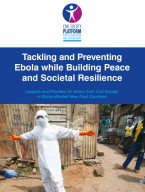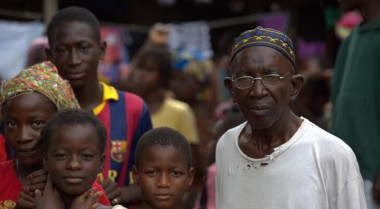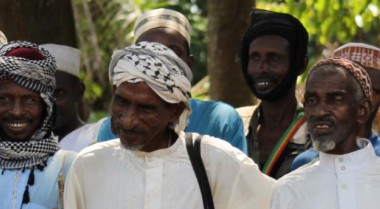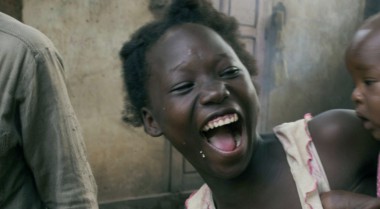
Tackling and Preventing Ebola while Building Peace and Societal Resilience (2015)
The West Africa Ebola crisis has put national peace-building and statebuilding processes in three g7+ countries under great pressure. It has also raised questions about the role and value that the New Deal framework has for countries facing such severe crises. The crafters of the New Deal, the key stakeholders in the IDPS, have asked some tough questions of themselves. They have also mapped out recommendations as to how the New Deal can support the post-Ebola recovery responses, as well as the scope available to them for using the FOCUS and TRUST principles of the New Deal. This report complements these efforts by highlighting civil society country analyses on the priorities for responding to Ebola and preventing future outbreaks on the one hand, and by strengthening peacebuilding and statebuilding foundations in ways that can address and prevent crises on a broader scale on the other. Ultimately, it seeks to encourage dialogue between national civil societies and their governments, as well as with external actors. The analysis and recommendations in this report are based on research conducted in five countries hit by Ebola – four of which were affected by the same crisis: Guinea, Liberia, Sierra Leone and Nigeria. The fifth is the Democratic Republic of Congo (DRC), where an unrelated outbreak was successfully contained between August and November 2014. Research for the report was undertaken in each country by the Country Teams (CTs) of the CSPPS.




